Definition
Aloe vera (Aloe barbadensis miller) is a succulent plant native to Africa, known for its medicinal, cosmetic, and therapeutic properties. It has been widely used for centuries across various cultures for its healing and soothing effects. Aloe vera is best known for the clear gel found within its thick, fleshy leaves, which is rich in vitamins, minerals, antioxidants, and amino acids.
This plant is recognized for its ability to support skin health, digestive well-being, and immune function. It has applications in traditional medicine, cosmetics, skincare, and dietary supplements. Aloe vera is highly valued for its hydrating, anti-inflammatory, and antimicrobial properties, making it a versatile and essential natural remedy.
Packaging and Presentation
- Bottles: Dark glass bottles are ideal for storing aloe vera juice to prevent oxidation.
- Labels: Clearly list ingredients, benefits, and usage instructions for consumer awareness.
- Travel-Size Options: Convenient smaller packaging for portability and on-the-go use.
- Tubes/Jars: For gels and creams, airtight containers ensure long-term freshness.
Potential Challenges
- Allergic Reactions: Some individuals may experience skin irritation or sensitivity.
- Overuse: Excessive use can lead to digestive discomfort or skin irritation.
- Quality Control: Ensuring product purity and avoiding adulterants is crucial for effectiveness.
Other Information
Cultivation
- Aloe vera is primarily grown in tropical and subtropical climates worldwide, including regions in India, Africa, and the Mediterranean.
- Requires well-drained soil and warm temperatures to thrive.
Extraction
- Aloe gel is extracted by cutting open the leaves and scooping out the inner clear gel.
- The latex, found just beneath the leaf surface, is also used for its medicinal properties but must be consumed with caution.
Forms Available
- Capsules/Tablets: Used for internal consumption as a dietary supplement.
- Fresh Gel: Directly extracted from the plant and used for topical application.
- Juice: Consumed for digestive and immune health.
- Topical Creams/Gels: Included in skincare and medicinal ointments.
Shelf Life
- Fresh aloe vera gel lasts about a week when refrigerated.
- Processed aloe vera products have a significantly longer shelf life due to added preservatives.
Safety
- Always perform a patch test before using aloe vera on the skin.
- Consult a healthcare provider before consuming aloe vera juice or supplements, particularly for pregnant or nursing women and those on medication.

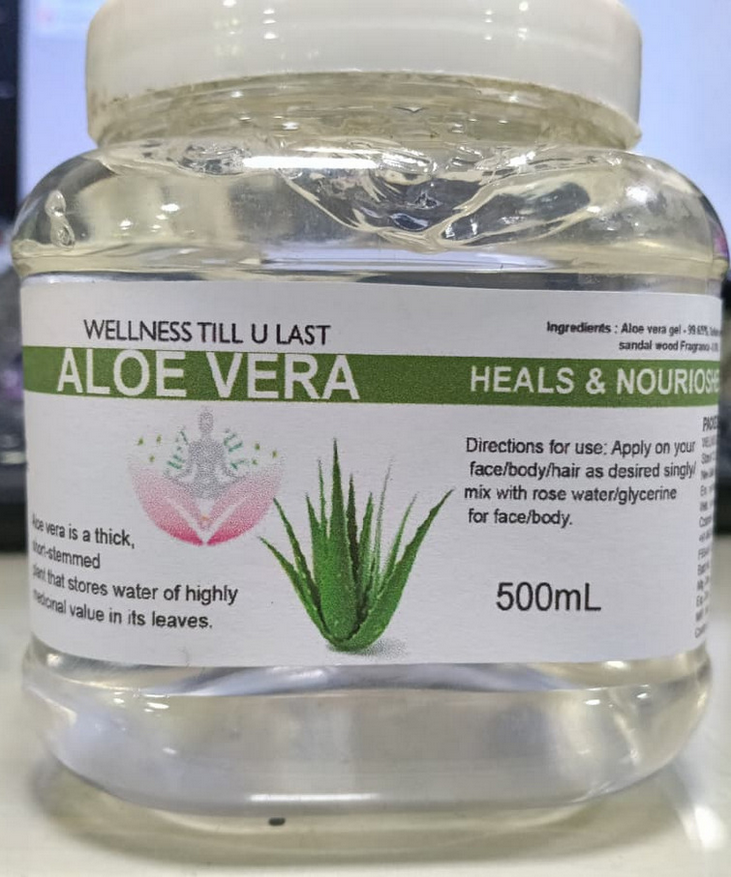
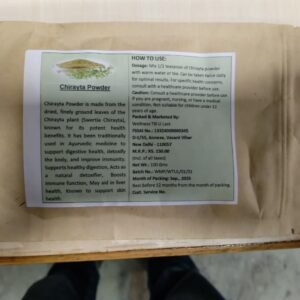
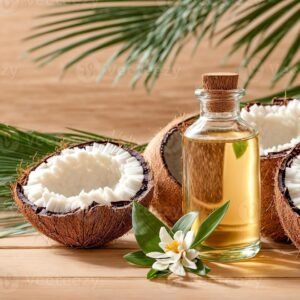

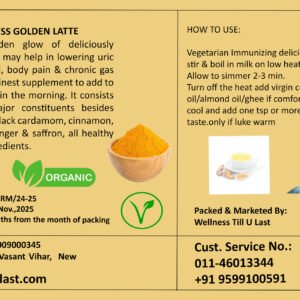

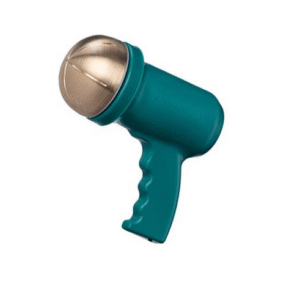

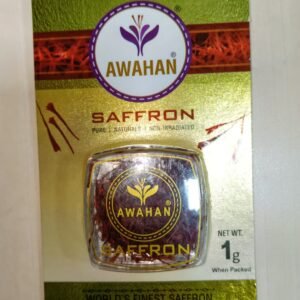
Reviews
There are no reviews yet.